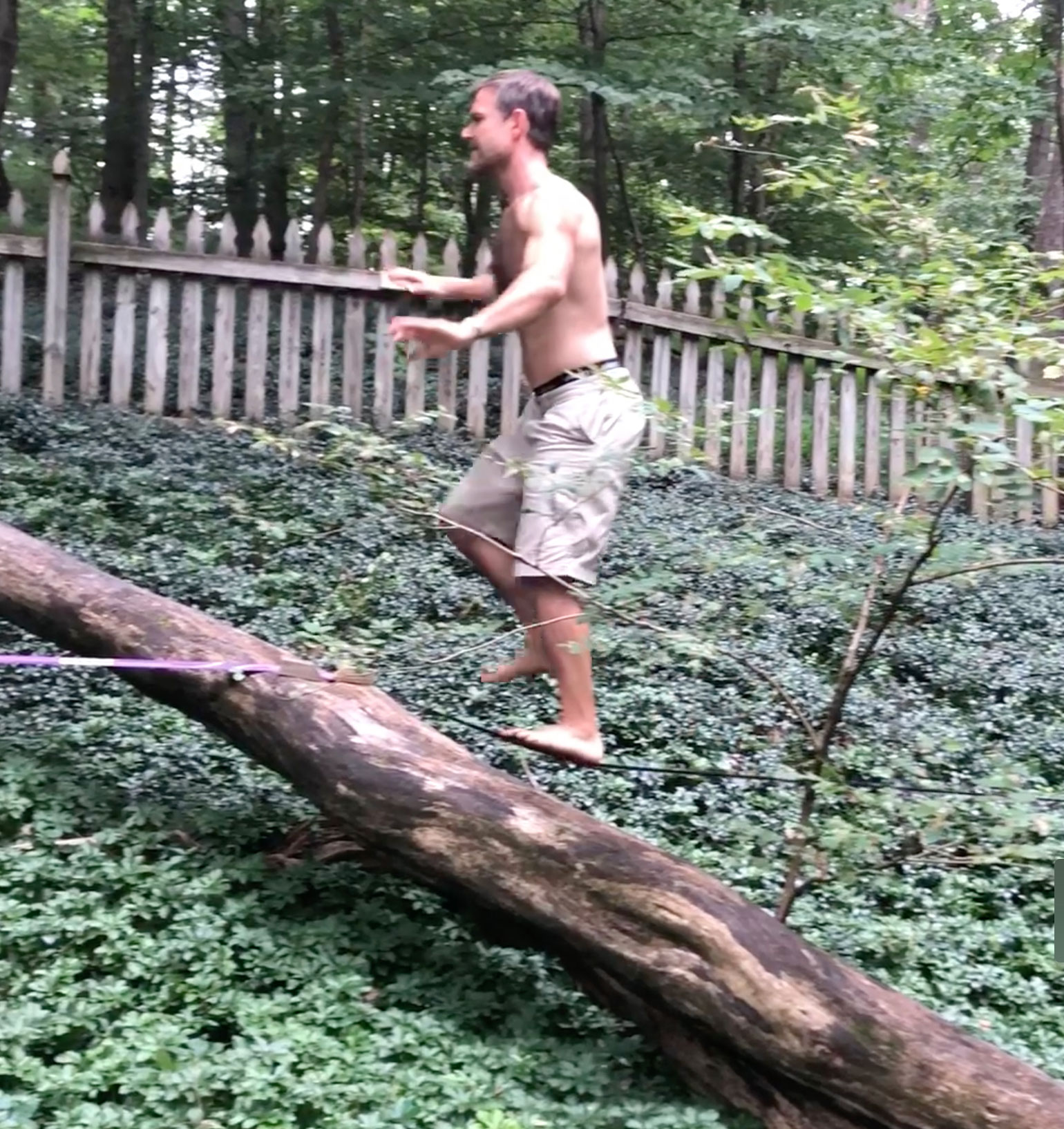Session Information
Date: Saturday, November 12, 2022
Title: Patient Perspectives Poster
Session Type: Poster Session A
Session Time: 1:00PM-3:00PM
Background/Purpose: I’ve been diagnosed with spondyloarthritis (SpA) for a little more than 7 1/2 years. That diagnosis was preceded by roughly 9 months of significant disease activity, which in turn was preceded by a decade of “introductory” back and hip pain. Once diagnosed, I started a regimen of nonsteroidal anti-inflammatory drugs (NSAIDs). With them, came relief, and then (after a year or so) remission, and then no more drugs.
At that point, I was 40 years old. I’m now 47. The intervening 7 years have been anything but disease-free.
Intervention: Because of my SpA, I’ve had localized, transitory inflammatory pain all over my body – shoulders, hips, back (upper, middle, and lower), feet, ankles, knees, neck, and chest. When warranted (by the pain), my go-to option has been NSAIDs. But, the stubborn guy that I am, I’ve always fought my way off of them.
At various points, my doctors have encouraged me to take biologics, which I have respectfully declined. Instead, I’ve experimented with a plethora of alternative treatments and lifestyle changes, including:
– Health journaling
– Taking cold showers
– Sleeping on the floor
– Fasting, both intermittent and multi-day
– Daily stretching and self-massage
– Focusing on breathing through my nose
– Eating a paleo diet
– Running errands via bicycle
– Slacklining
– Meditative breathing
The result? Three remissions. Which treatment(s)/change(s) get(s) credit? Hard to say. But, because a lot of the experiments I undertake seem worthwhile to me, I continue on with them – SpA or not.
For me, vigilance is key. I continually channel my efforts at preventative health and conditioning. I push ahead when my symptoms allow. By establishing higher expectations of my body and for myself, as I am able, I increase the degree to which I can degrade during periods of disease activity. Instead of regarding my SpA as ever being in remission, I always prefer thinking of it as being temporarily inactive, or quiet. I continue in a manner that basically presumes that my remission is not permanent.
Maintenance: Here are my totals:
– Seven and a half years since diagnosis
– Five and a half years of disease activity
– Two and a half years of disease inactivity
– Just under 2 years of taking medications (NSAIDs)
– 3 remissions
Quality of Life: SpA does not limit what I do in life. However, the mindset I’ve taken is that I will never be completely free of it. My goal is to extend my periods of disease inactivity for as long as I can. Whenever my disease becomes more active, I’ll work to quiet it as quickly as possible. My eventual goal is to get to the point where, overall, my disease is more quiet than active.
To cite this abstract in AMA style:
Scepaniak M. Remissions and Vigilance [abstract]. Arthritis Rheumatol. 2022; 74 (suppl 9). https://acrabstracts.org/abstract/remissions-and-vigilance/. Accessed .« Back to ACR Convergence 2022
ACR Meeting Abstracts - https://acrabstracts.org/abstract/remissions-and-vigilance/


